OpenAI Bans ChatGPT From Giving Medical, Legal or Financial Advice Over Lawsuit Fears
ChatGPT's 'new rules' ban medical, legal, and financial advice. Learn why Big Tech is limiting the AI to an 'educational tool.'
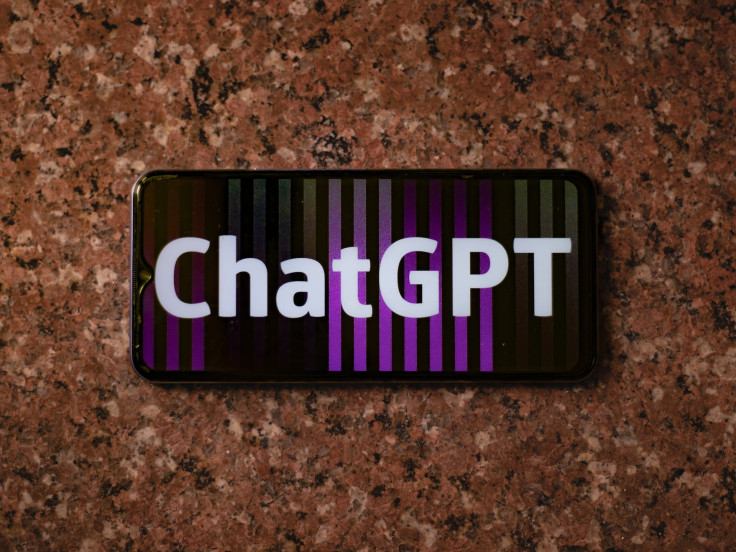
It was tempting, for a while, to treat AI models like ChatGPT as all-knowing oracles for every crisis in our lives. Got a weird rash? Ask ChatGPT. Need to draft a will? Ask ChatGPT. But that era is officially over. Citing massive liability risks, Big Tech is slamming the brakes.
As of 29 October, ChatGPT's rules have reportedly changed: it will no longer give specific medical, legal, or financial advice. As reported by NEXTA, the bot is now officially an 'educational tool', not a 'consultant.' The reason? As NEXTA notes, 'regulations and liability fears squeezed it — Big Tech doesn't want lawsuits on its plate.'
ChatGPT will no longer give medical, legal or financial advice: rule change took effect on October 29
— NEXTA (@nexta_tv) November 1, 2025
As of October 29, ChatGPT stopped providing specific guidance on treatment, legal issues and money. The bot is now officially an “educational tool,” not a consultant — and the… pic.twitter.com/92HciUvlpV
Now, instead of providing direct advice, the model will 'only explain principles, outline general mechanisms and tell you to talk to a doctor, lawyer or financial professional.' This official restriction only highlights a deeper truth: ChatGPT is, and always has been, a master of confident fabrications. It excels at being 'convincingly wrong.'
While that's harmless when you're writing a poem about your cat, it's a disaster for real-world problems. The new guardrails are up for a reason, and even beyond them, there are many areas where you should never trust its advice.
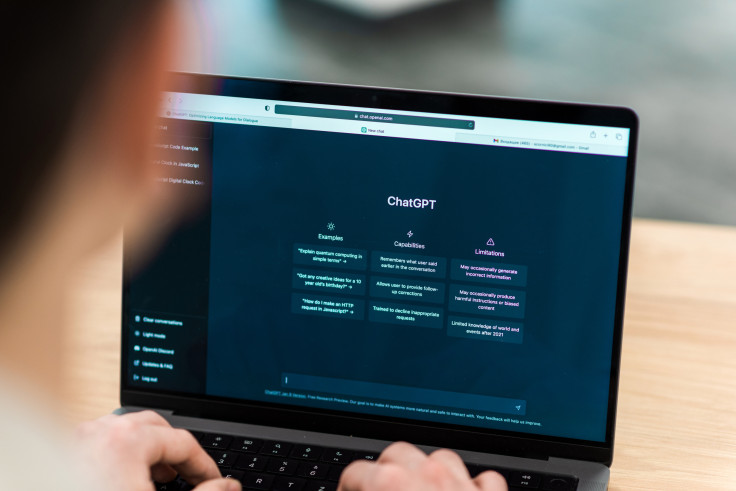
The New Red Lines for ChatGPT: Health, Law, and Money
The new rules reported by NEXTA are explicit: 'no more naming medications or giving dosages... no lawsuit templates... no investment tips or buy/sell suggestions.' This clampdown directly addresses the fears that have long surrounded the technology.
One might take health into their own hands, feeding ChatGPT symptoms out of curiosity. The resulting answers can read like a worst-case scenario, swinging wildly from simple dehydration to serious diagnoses like cancer. If a user enters, 'I have a lump on my chest,' the AI may suggest the possibility of malignancy.
In a real-world scenario, that user might later discover the lump is a lipoma, which a licensed doctor confirms is not cancerous. This reality is precisely why the new rules are in place. AI cannot order labs, examine a person, or carry malpractice insurance.
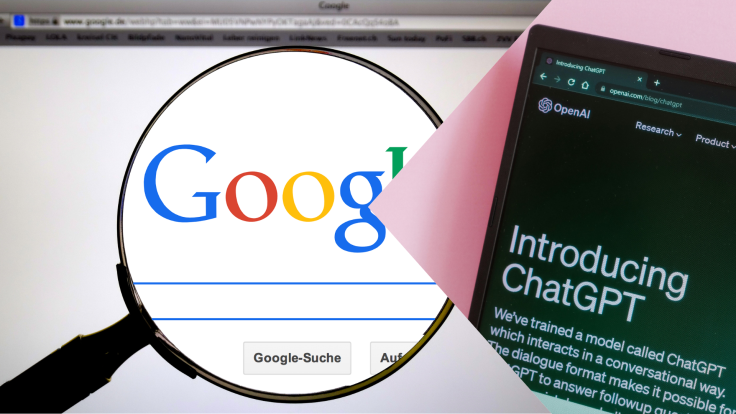
This isn't just about physical health. Some people use ChatGPT as a substitute therapist. While it can offer grounding techniques, it's a pale imitation at best and incredibly risky at worst.
ChatGPT doesn't have lived experience, can't read your body language, and has zero capacity for genuine empathy. A licensed therapist operates under legal mandates to protect you from harm; ChatGPT does not. If you or someone you love is in crisis, please dial 988 in the US, or your local hotline.
The same hard 'no' now applies to your finances and legal woes. ChatGPT can explain what an ETF is, but it doesn't know your debt-to-income ratio, retirement goals, or risk appetite. When real money and IRS penalties are on the line, you call a professional.
This also includes a major data risk: be aware that anything you share, including your income, Social Security number, or bank routing information, will probably become part of its training data. Likewise, asking it to draft a will is rolling the dice. Estate laws vary by state, and a missing notarisation clause can get your whole document tossed.
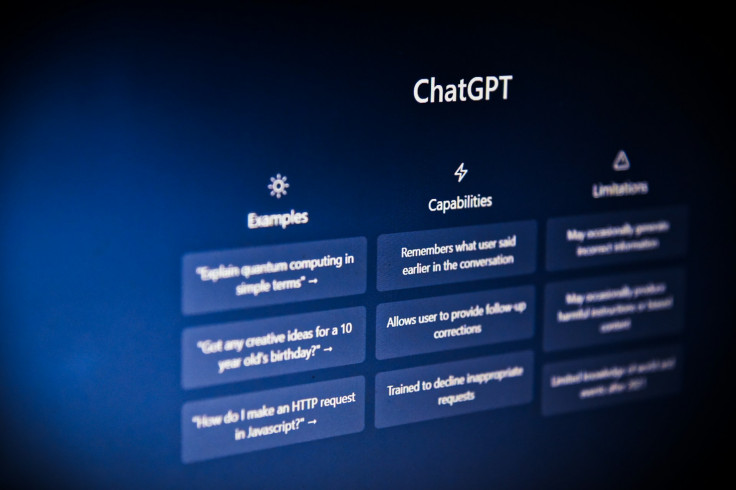
Why ChatGPT Fails at High-Stakes and Real-Time Tasks
Beyond the officially banned topics, ChatGPT has fundamental flaws in high-stakes situations. If your carbon-monoxide alarm starts chirping, please don't open ChatGPT and ask if you're in real danger. Evacuate first. A large language model can't smell gas or dispatch an emergency crew. Treat it as a post-incident explainer, never a first responder.
This limitation extends to real-time information. Since OpenAI rolled out ChatGPT Search in late 2024, the chatbot can fetch fresh web pages and stock quotes. However, it won't stream continual updates. Every refresh needs a new prompt, making it useless for monitoring breaking news.
The bot is also a terrible gambler. A user may have actually had luck with ChatGPT and hitting a three-way parlay during a major championship, but they should never recommend it. Users have seen ChatGPT hallucinate and provide incorrect information on player statistics, misreported injuries, and win-loss records.
Any winning outcome likely occurred because the user double-checked every claim against real-time odds, and even then, luck was involved. ChatGPT cannot see tomorrow's box score, so no one should rely on it to secure a win.
Critically, a user should never feed it confidential data. For example, a tech journalist would never toss an embargoed press release into ChatGPT for a summary. That text would land on a third-party server, outside the user's control.
The same risk applies to client contracts, medical charts, or passport numbers. Once sensitive information is in the prompt, there is no guarantee where it is stored or who can review it.
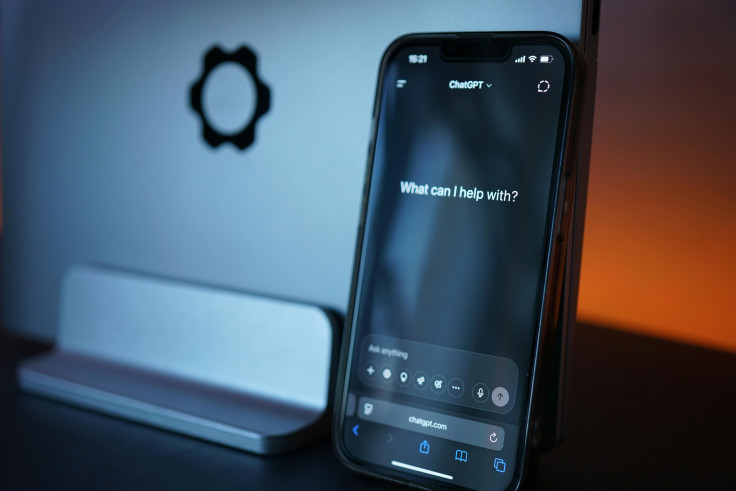
The Ethical Traps of ChatGPT: Cheating and Art
Finally, there are the ethical gray areas. Asking ChatGPT to help with anything illegal is self-explanatory. But what about cheating on schoolwork? While some may not be proud of using older technology to peek at equations in high school, the scale of modern cheating is significantly different.
Detectors like Turnitin are improving, and professors can already recognize the 'ChatGPT voice' instantly. A person risks suspension, and they are only cheating themselves out of an education. The tool should be used as a study buddy, not a ghostwriter.
Then there is the question of art. This is not an objective truth, just one perspective, but some believe AI should not be used to create art. Many use ChatGPT for brainstorming headlines, but that is supplementation, not substitution. By all means, users can employ ChatGPT, but please, do not use it to make art that one then passes off as their own. Some consider it 'kind of gross.'
The new guardrails on ChatGPT are not just a minor update; they are a public admission of its fundamental flaws. Faced with legal and regulatory pressure, Big Tech has officially downgraded the bot from a potential 'consultant' to a simple 'educational tool.'
From misdiagnosing health conditions to hallucinating legal and financial data, the risks are too high. The takeaway is clear: ChatGPT is a powerful assistant for supplementation, but a dangerous substitute for human expertise.
© Copyright IBTimes 2025. All rights reserved.





















